On Crafting Through Subtraction Not Multiplication
In my latest creative work, I’ve found myself sculpting—not through addition, but through subtraction.
I’ve been editing, carving away, simplifying moments until they’re distilled into their purest form. Or at least until it feels simple enough for me to commit to. It wasn’t until I started taking things away that I arrived at what I had been searching for all along.
This process requires trust. Trust in yourself, trust in the work, trust that the piece will reveal itself—not through embellishment, but through clarity. It’s not easy. The urge to decorate and disguise runs deep. Words, clothes, personality, status symbols—all the things we layer on to appear more, to feel more. But those layers can suffocate the work. They can suffocate you.
For me, when I strip the work of its “fancy”—its unnecessary adornments—I find my way to something real, something that hopefully resonates.
I’ve developed a few creative exercises to help me navigate this process, especially when resistance creeps in:
• Impose a Constraint. Give yourself a small box to work within. For instance, compose a piece using only three instruments. Or, if you’re writing, limit yourself to 100 words. Constraints narrow the focus, forcing innovation.
• Do the Opposite. Try something entirely outside your norm. Paint with your left hand. Sing an entire song without using consonants. The point isn’t perfection but discovery—a way to unearth new ideas hidden beneath your usual habits.
• Play First. The exercise itself doesn’t have to be the final result. It’s about freeing your mind to think differently, to uncover pathways you didn’t know existed.
Editing, in this sense, becomes an act of sculpting. Removing what doesn’t belong, even if you worked hard to put it there in the first place. Cutting away words, moments, or ideas you once loved can feel painful, like a small grief. But in that letting go, you make space for the work to breathe—for it to become something precise and deeply resonant.
It’s hard to convince yourself to trust this process. It feels counterproductive, especially in a culture obsessed with more. More words, more productivity, more everything. But removing what isn’t working, makes room for what does. Dead ends, too, have their value- even if it doesn’t seem possible when you’re working through it. Sometimes, they lead to new directions you couldn’t have seen without wandering there first.
This way of working also acts a metaphor for life. I always do better when I let go of the old story and make room for the new one. There’s a grief in that, no doubt. Grieving the parts of you or your work that you thought mattered but no longer fit.
But grief has a way of giving way to life. To something lighter, more honest, more alive.
And that’s the gift of sculpting—whether it’s words, music, paint, or your own life. The act of letting go makes way for something truer to emerge. And when it does, it feels less like something you’ve created and more like something you’ve uncovered.
Something that was waiting for you all along.
